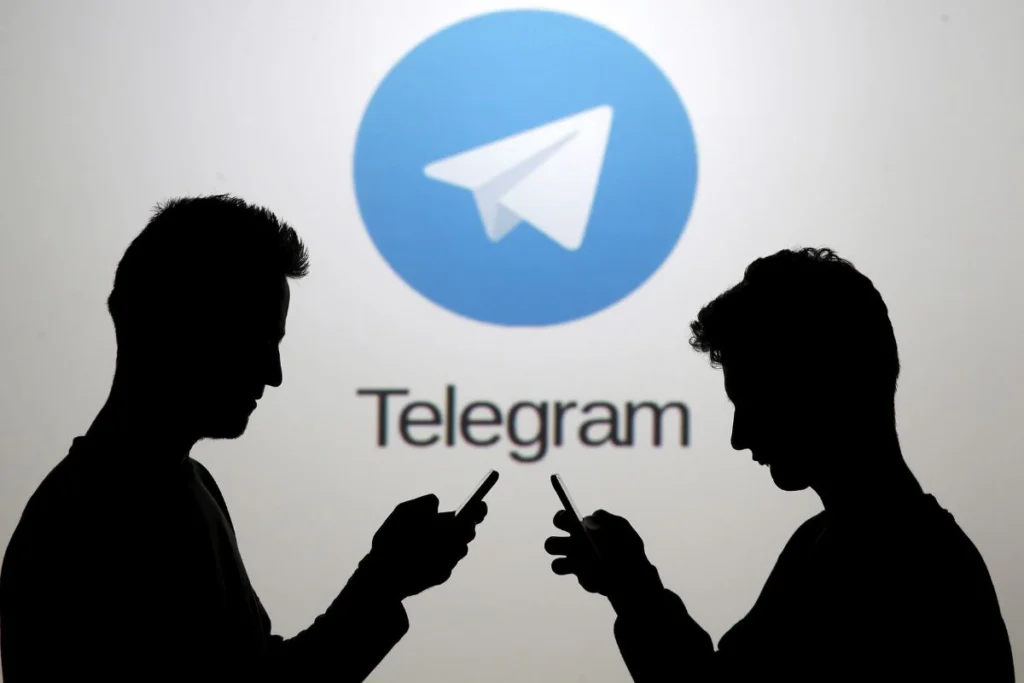Lawsuit Follows Increased Global Scrutiny of Telegram and Arrest of Founder Pavel Durov in France
Star Health Sues Telegram and Hacker Over Data Leak Involving Chatbots
Star Health, one of India’s leading insurance providers, has initiated legal action against the messaging platform Telegram and a self-proclaimed hacker following reports that the hacker utilized chatbots on the app to disseminate personal data and medical records belonging to policyholders. This lawsuit highlights growing concerns regarding data security and privacy in the digital age, especially as users increasingly rely on messaging apps for communication.
The timing of this lawsuit coincides with heightened scrutiny of Telegram on a global scale. Recent developments, including the arrest of Telegram’s founder, Pavel Durov, in France last month, have amplified concerns about the platform’s moderation practices and its features being exploited for unlawful activities. In light of these allegations, Durov and Telegram have publicly denied any wrongdoing and are actively working to address the criticisms surrounding the platform.
In response to the ongoing situation, a court in Tamil Nadu has issued a temporary injunction in favor of Star Health. This legal order mandates that Telegram and the implicated hacker take immediate action to block any chatbots or websites operating within India that are found to be facilitating the online sharing of sensitive data. The court’s ruling underscores the serious nature of the allegations and the potential risks posed to individuals’ privacy.

The use of chatbots on messaging platforms has grown in popularity due to their ability to automate interactions and provide quick responses. However, the incident involving Star Health raises critical questions about the security measures in place on such platforms to protect user data. The proliferation of chatbots presents unique challenges, particularly when it comes to safeguarding sensitive information from malicious actors.
Star Health’s lawsuit is part of a broader trend where companies and individuals are increasingly holding digital platforms accountable for their role in data protection. The case could have significant implications for how messaging apps like Telegram manage user-generated content and the measures they take to prevent data breaches and unauthorized access to personal information.
As this legal battle unfolds, the outcome may set a precedent for future cases involving data privacy and the responsibilities of technology platforms in safeguarding user data. With the growing reliance on digital communication tools, the importance of robust security measures and responsible content moderation practices has never been more critical. The situation emphasizes the need for companies to not only comply with regulatory frameworks but also to take proactive steps in protecting their users’ privacy in an increasingly interconnected world.


















